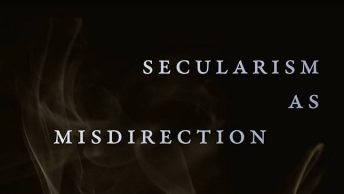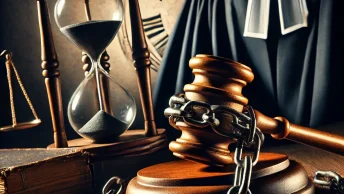A Dickensian View of Lawyers
An op-ed in this morning’s New York Times recalls Charles Dickens’ jaundiced views of the law and lawyers. Even today, Dicken’s views are a sobering admonition to those of us who practice as lawyers and judges. They remind us that an unquestioning belief in the legal system may not be universally shared especially by the very litigants whose interests it is designed to serve.






Vikram, thanks for posting this op ed! Yet Dickens' view of lawyers was not entirely one sided as this article suggests. Sydney Carton (A Tale of Two Cities) was also Dickens' creation and he is arguably one of the most heroic fictional characters of all time. It is Carton's brilliance as a lawyer that enables his partner Stryver to win most of his cases and what ultimately saves an innocent man, Charles Darnay from death in an alleged case of treason. Of course, Carton later sacrifices his own life for Darnay, which established him as one of the most memorable anti heroes in English literature.
The enduring portrait of Jarndyce v. Jarndyce is certainly a reflection of the remoteness of the law and legal language, and the inequities of judicial delays. Yet I think Dickens wrote of the law like he wrote about all social institutions in need of reform, including the plight of children in orphanages and the state of poor houses. He presented the tragedy of unjust institutions through humour.
The use of ridicule and his ingenious and inimitable cast of characters were his tools of branding his critiques in our memory.
Dickens' astuteness lies in his correctly noting(as legal theorists do today but perhaps didn't in his time) that the law is not neutral and plays an important role in preserving and protecting unjust social institutions like the debtors' prisons in Little Dorrit and poorhouses in Oliver Twist. I do not believe that anyone today has unquestioning belief in the legal system today and rightly so.